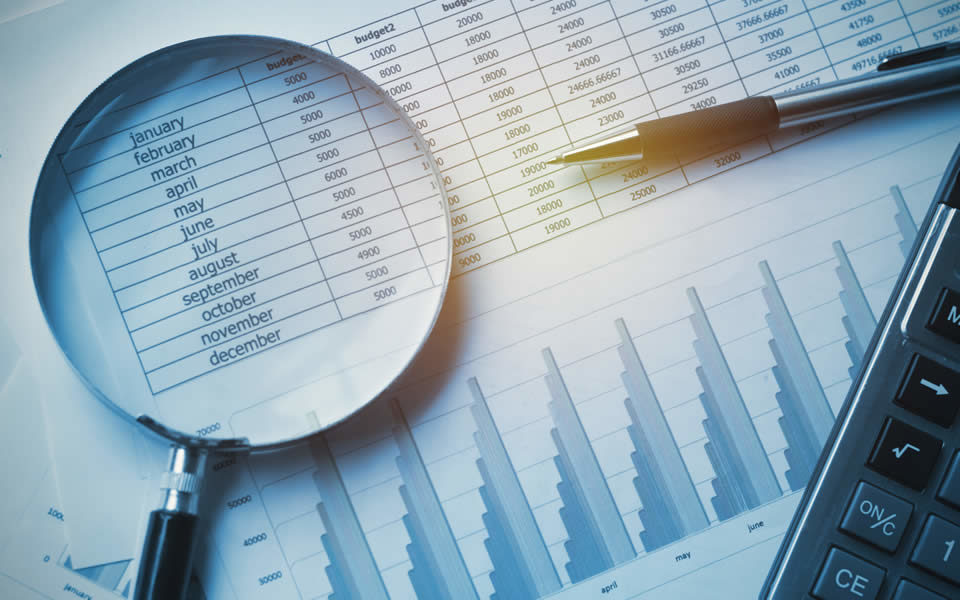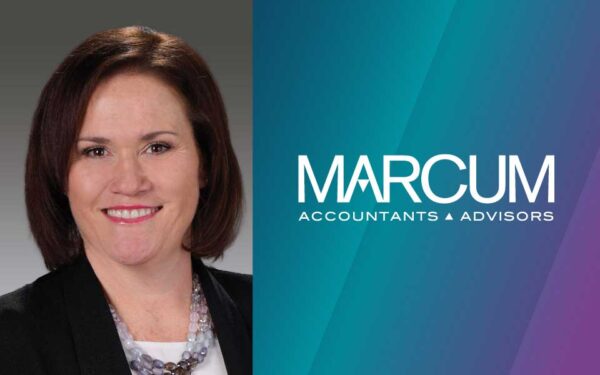When do you need a Forensic Accountant?
The headline poses a loaded question, because many times someone needs a forensic accountant before they really “need” a forensic accountant. Forensic accounting isn’t always about finding existing fraud, it is also about fraud prevention.
It is true, however, that with the advancements of a digital and paperless workplace, businesses/organizations are experiencing more sophisticated instances of fraud. Online payment fraud is growing along with the global e-commerce market. As more and more buyers store credit details online, more opportunities for fraud can occur. Along with the growth of online payment fraud, sadly, employee fraud continues to effect many small businesses. It is often discovered that a trusted employee turns out to be untrustworthy. When an employee is under financial stress, the employee will rationalize the fraud against their employer. Unfortunately, in some cases recovery of assets may be impossible.
Why is There a Growing Necessity for Forensic Accounting?
Along with the growth of fraud, creation of new businesses, internal conflicts amongst business owners, changes in technology, and divorce are just some of the issues that contribute to the growing necessity of forensic accounting. The services are also used during mergers and acquisitions, litigation support, valuation during a sale of business and during the dissolution of a marriage, as well as part of investigations in commercial insurance claims. Forensic accounting services are useful to uncover the truth and disclose financial findings.
What is Forensic Accounting?
It is the use of accounting skills to investigate if fraud, embezzlement and/or the existence of other hidden irregularities (i.e. false vendors, ghost employees, improper payroll, etc.) in financial transactions, as well as provide support for other litigation services. The results may be used in legal proceedings to explain the nature of a financial crime and to determine the impact and/or recovery of their discoveries. In a divorce case, forensic accounting is used to calculate the value of assets so that they are split equitably between married couples.
How Does a Financial Audit Differ From a Forensic Accounting?
When conducting financial audits, it’s the auditors’ responsibility to evaluate that businesses’/organizations’ financial statements, including disclosures, are presented fairly to stakeholders. As part of a financial audit, the auditor plans and performs procedures to obtain reasonable assurance about whether the financial statements are free from material errors that could be the result of fraudulent financial reporting, misappropriation of assets or violations of laws or governmental regulations. An audit is not designed to detect fraud or errors that do not have a material effect on the financial statements. The auditor will inform the appropriate level of management if any material errors, fraudulent financial reporting, or misappropriation of assets that comes to their attention.
Forensic accounting takes deeper dive in a business financial records by combining accounting and analytical skills with financial proficiency to provide litigation support and investigative services.
Who Uses Forensic Audits
Business owners, CFO’s, controllers, insurance companies, a spouse in a divorce, board of directors, banks, lawyers and the government may all choose to hire or staff professionals in forensic accounting.
Benefits of Forensic Accounting
- Fraud detection and prevention – detect internal control deficiencies over financial processes to assist implementation of improvements before fraud can take place benefits all organizations;
- Minimize losses – fix problem areas and/or discovering fraud early helps to safeguard organizations against unnecessary losses;
- Enhance efficiencies – improve internal controls over financial processes helps reduce risk of future exploitation;
- Maintain brand reputation – fraud within an organization can do irreparable damage to your reputation (the organization may not be considered trustworthy or respected);
- Help clients navigate the court system – civil or criminal assistance when the need arises, testifying in court on your behalf, recovering maximum losses or support in business valuation or a divorce case;
- Third party assessment – monitor vendors and professionals (third party administrator i.e. payroll or retirement plan, accountant, insurers, etc.) to determine quality of work.
The long-term benefits of forensic accounting may be just what your business needs to gain a better understanding of the organization’s financial wellness to minimize losses and maximize profits or to provide litigation support when the need arises.






